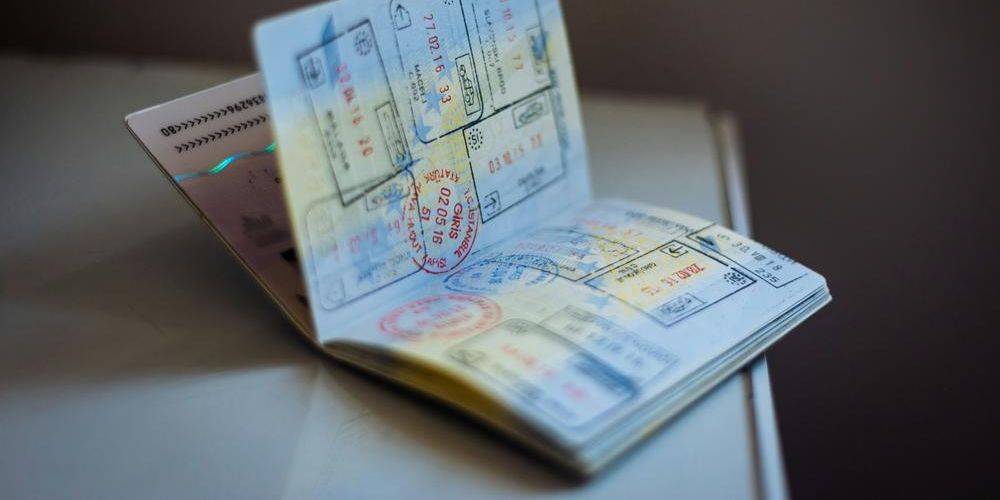The Australian Travel Industry Association (ATIA) is celebrating Global Travel Advisor Day (7 May) by recognising the essential role of accredited travel professionals in supporting Australians to travel smarter, safer and with greater peace of mind.
With international travel demand climbing, ATIA says it’s more important than ever to champion the value of expert travel advisors who guide clients through every stage of their journey – from planning complex itineraries to managing flight disruptions and providing real-time support abroad.
In 2024 alone, ATIA members were responsible for $13.5 billion in retail travel bookings, $11.8 billion in corporate travel, and $5.6 billion in land operations. Today, over 70% of international air sales and 90% of corporate travel bookings are made through agents – a testament to the public’s growing trust in travel professionals.
“We are in the golden age of travel professionals, as more Australians, many of whom were burnt by COVID-travel experiences, turn to expert advisors for complex travel needs and crisis support,” said ATIA CEO Dean Long.
“Global Travel Advisor Day is a powerful reminder of the critical role our members play in supporting Australians before, during and after they travel. ATIA is proud to champion accredited travel businesses every day and ensure their value is recognised across government, industry and the public. As the travel environment grows more complex, our focus remains on strengthening the visibility, capability and influence of Australia’s travel professionals.”
The message is echoed by agents across the country.
“When a car took out the front of my agency last week, I was still waiting on the builder to make things safe yet two clients literally walked over broken glass to see me. They looked in and asked, ‘Are you open?’ I said, ‘Yes, but please be careful.’ That’s how much people value real, expert travel advice,” said Adrienne Witteman, Managing Director of Trendsetter Travel & Cruise Centre in NSW.
“In that moment, it couldn’t have been clearer: Australians still want real, personal travel advice. On the ground, the demand for experienced travel advisors is unshakable.”
Anna McMurtrie, Managing Director of Wentworth Travel in Double Bay, added: “Today’s travellers aren’t just looking for a booking. They’re looking for a partner they can trust. After 40 years in the business, we’ve seen that genuine expertise, personal service, and strong industry connections matter more than ever. When things go wrong, our clients know we’ll be there with a solution. That’s the real value of a travel expert. It’s not just about getting there, it’s about knowing someone’s got your back every step of the way.”
Andrew Gillard, Managing Director of Darebin Travel in Victoria, noted: “The role of the travel advisor has never been more vital. At Darebin Travel, we’ve seen the industry evolve over four decades from print brochures to personalised, tech-enabled service and we’re still here because we adapt, we deliver, and we care. In an era of information overload, digital scams, and travel uncertainty, Australians are turning to trusted experts to guide them. Travel advisors aren’t a thing of the past – we are the future of smarter, safer travel.”
A Global Perspective
While travel advisors remain vital in Australia, their value is being reaffirmed across many parts of the world. In the United States and Canada, travel advisors are seeing a resurgence as travellers seek personalised service and expert navigation of post-pandemic travel rules. The United Kingdom and Middle East also report high engagement with travel professionals, especially for luxury, group and corporate travel.
In rapidly growing outbound markets like China and India, advisors continue to play a crucial role due to visa complexities and a preference for guided support, while in regions like the UAE and Saudi Arabia, concierge-style service remains in high demand.
However, in some parts of Scandinavia, Germany, and the Netherlands – where digital literacy is high and DIY travel is a cultural norm – fewer people rely on travel agents. Younger travellers in these regions are more likely to use online booking tools or mobile apps for self-directed travel planning.
Even so, the global trend points toward a renewed appreciation for trusted experts in an increasingly unpredictable travel environment.
As Global Travel Advisor Day is marked around the world, ATIA says it remains focused on building a stronger, more visible future for travel professionals – and ensuring their work is recognised and respected by all.







